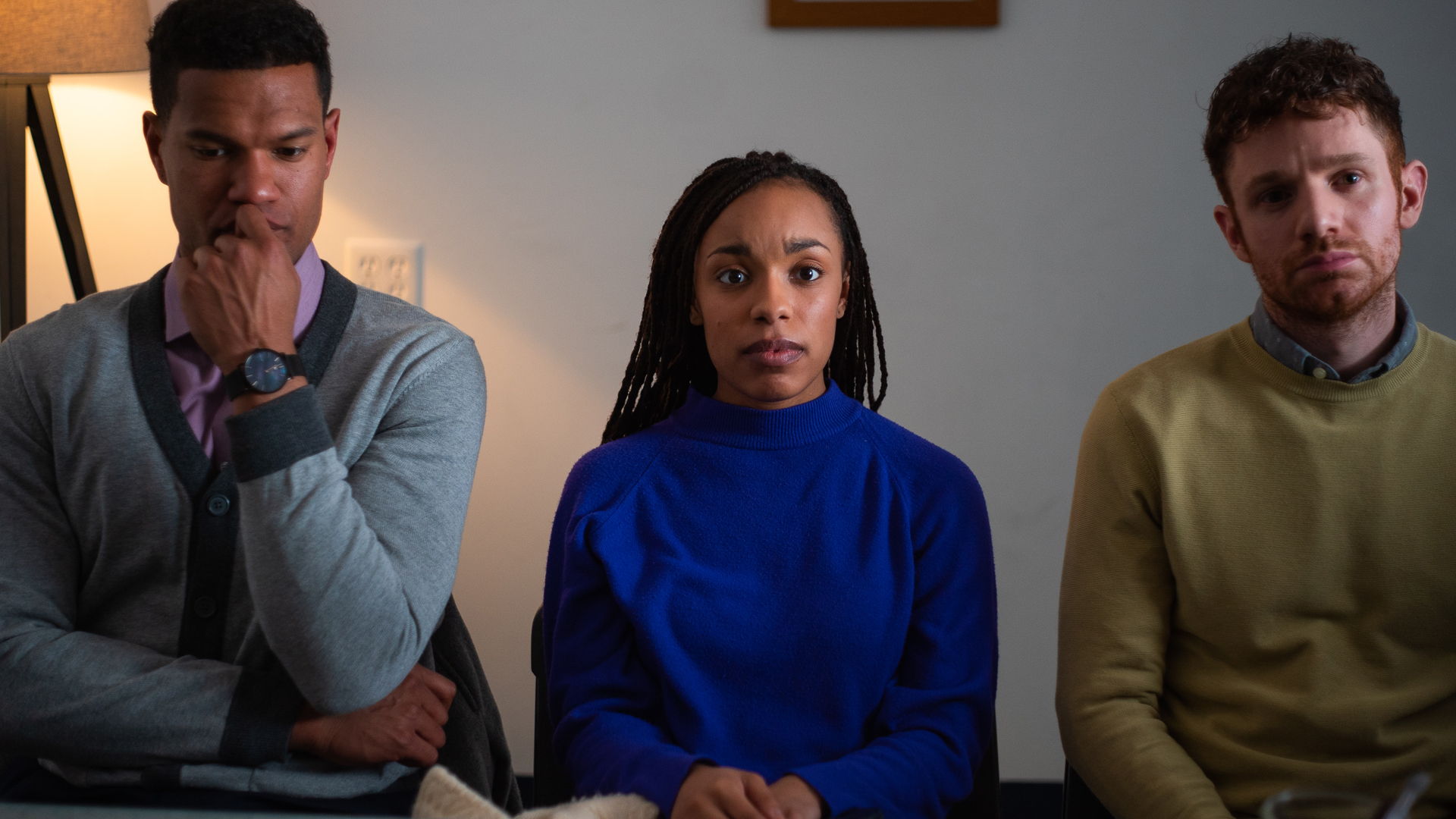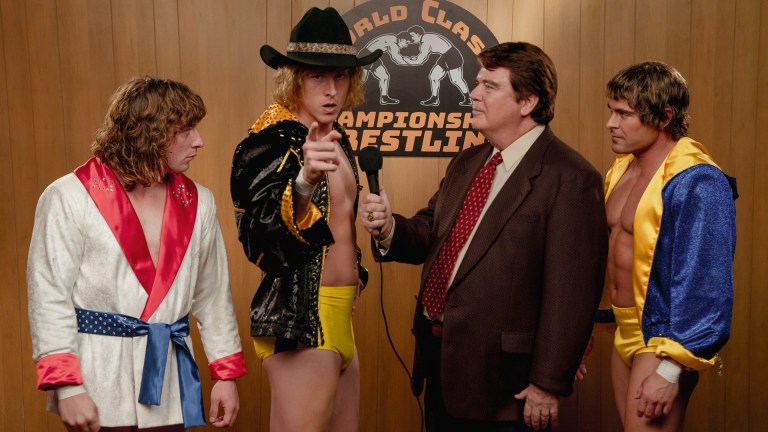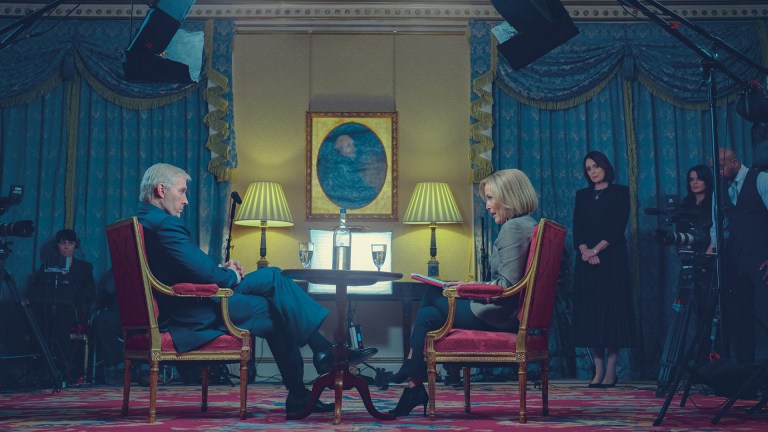In 2013, I was lucky enough to be invited to several big queer film festivals to screen my first short film. It was an interesting moment in the decades-long history of these festivals. They’d been established with a straightforward, important mission: to create a space where queer films could be seen, at a time when there was virtually no place to find them.
Now that queer films are easy to access, it’s an incredibly exciting moment – queer filmmakers, liberated of trying to appeal to a cis-het audience, can ask our own communities questions about the ways in which we might do better.
I started trying my best to develop a movie that would hold a mirror up to this audience – which was predominantly white, male, and fairly homogenous in terms of class – and provoke thought.
I knew I would have to hold up a mirror to myself, to put myself in genuinely uncomfortable territory.
I wanted to write about gay men who self-identify as feminists, whose belief that they inherently “get women” stops them from doing the listening that would lead to actually “getting” someone on a deep level; gay men in the habit of putting a woman on a pedestal – a pedestal that quickly becomes confining to said woman.
I’ve definitely been guilty of this type of thinking in the past. I was newly graduated from university, and when I would envision my future, it usually involved having a child through surrogacy. When I started researching the topic, I quickly realised my image of surrogacy was idealised, sanitised and unrealistic.










